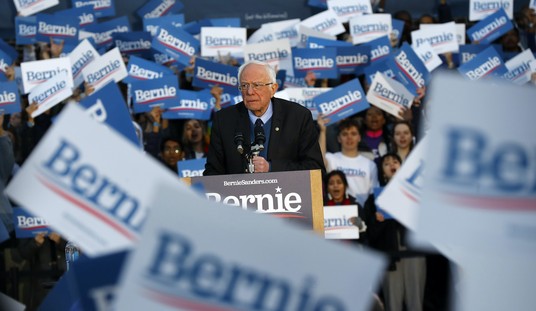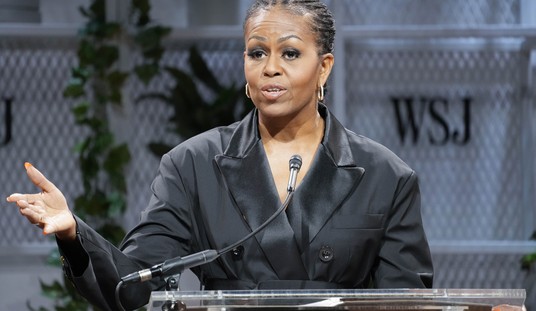Score another foreign-policy win for the Trump administration, and this one’s a surprising two-fer. More than twenty years after the Balkan Wars concluded, Serbia and Kosovo have settled their differences enough to establish economic ties, although full diplomatic recognition of Kosovo’s independence still appears out of reach. As part of the deal, Kosovo also became the next Muslim-majority nation to recognize Israel:
Serbia and Kosovo announced Friday that they have normalized economic ties as part of U.S.-brokered discussions that also include Belgrade moving its Israeli embassy to Jerusalem and Pristina recognizing Israel.
After two days of meetings with Trump administration officials, Serbian President Aleksandar Vucic and Kosovo’s Prime Minister Avdullah Hoti agreed to cooperate on a range of economic fronts to attract investment and create jobs. The White House announcement provided President Donald Trump with a diplomatic win ahead of the November presidential election and furthers his administration’s push to improve Israel’s international standing.
“Truly, it is historic,” Trump said, standing alongside the two leaders in the Oval Office. “I look forward to going to both countries in the not too distant future.”
Serbia’s decision to move its embassy from Tel Aviv to Jerusalem is a nod to both Israel and the United States. The Trump administration recognized Jerusalem as Israel’s capital in late 2017 and moved the U.S. embassy there in May 2018.
Remember when Trump’s decision to move the US embassy to Jerusalem was going to ruin any chances for normalized relations with Muslim nations? Good times, good times. Kosovo isn’t an Arabic nation, of course, but they fought for independence largely on the basis of their Muslim identity. That identity matters, especially in this instance when it wasn’t exactly high on list of differences between Serbia and Kosovo. That in itself is an impressive outcome.
Another impressive aspect is the dog that didn’t bark here today. What happened to Russia? Vladimir Putin has made the Balkans and its Slavic brethren his personal project, and has made it known for the last twenty years that he sees this as Russia’s national interest. (Putin isn’t the first Russian leader in history to think that, of course.) If that’s the case, why did Serbia work with Trump to make a deal rather than with Putin? Presumably, Putin would have favored the Serbs, especially since Russia still refuses to recognize Kosovo. Serbia could have used that leverage to get a better deal, but instead allowed the US to act as broker.
That raises some serious questions as to Russia’s actual status as an influencer in that region. One has to wonder how Moscow will react to that so soon after losing their effort to bully Montenegro from joining NATO. Putin’s writ doesn’t run nearly as far in the Balkans as he apparently thought. And Trump’s influence now looks a lot more extensive than his critics — especially those here in the US — estimated.








Join the conversation as a VIP Member